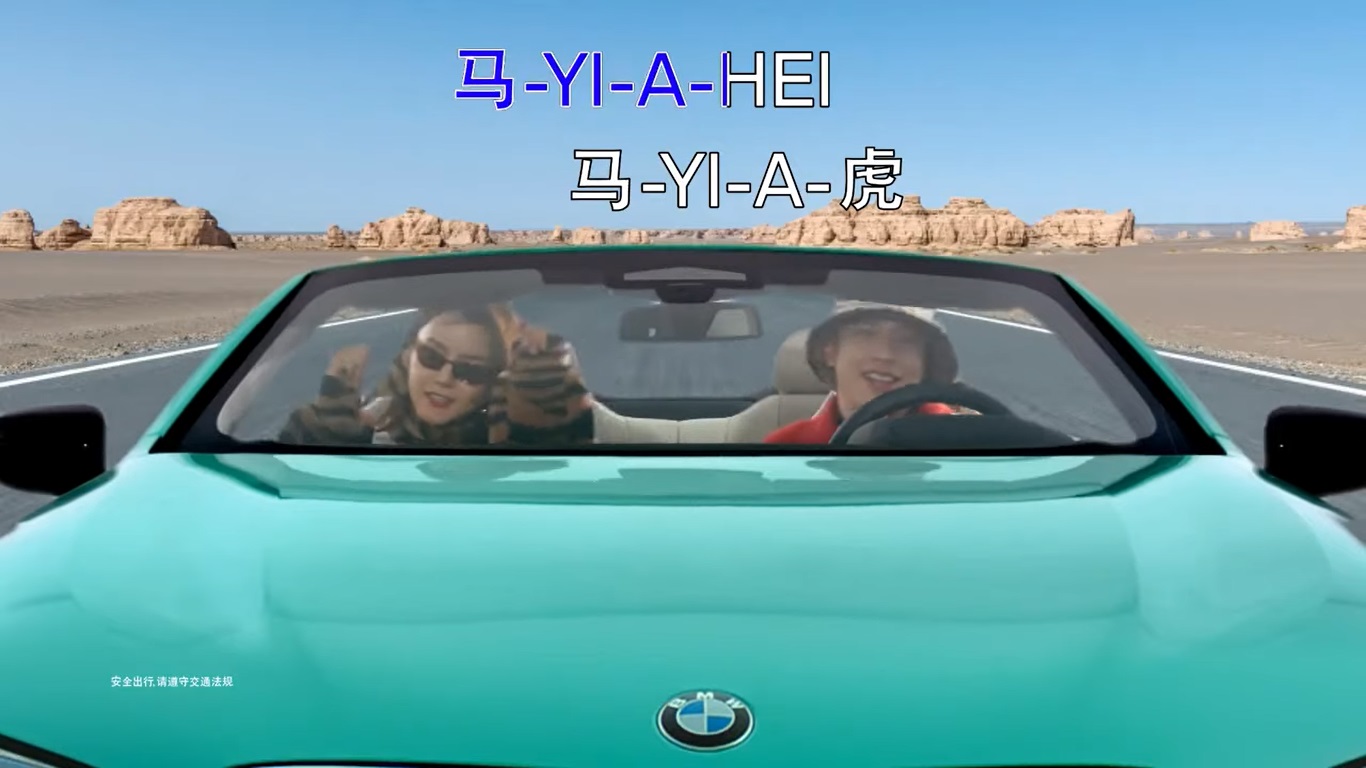All electric moves of BMW in China (and beyond)

BMW, present in China since 2004, has increased sales year after year and now the Dragon represents its most important market. In addition, the Asian country is also the cornerstone of Tesla's industrial strategy. That's why the electrification of the brand must necessarily pass from there…
As is well known, a very solid industrial relationship has existed for some time between Berlin and Beijing which has its spearhead in the automotive industry and neither of the two parties wants it to disappear, not even in a similar period, in which the world seems to have returned to divide into opposing blocks. As proof of this, BMW, which according to the Times intends to transfer the production of electric Minis from the United Kingdom to the Asian country, will revive the alliance with the Dragon begun in 2004 by investing 10 billion yuan (1.40 billion dollars) in the coming months to expand the production of electric vehicle batteries in China. Three are the key gigafactories of BMW's Chinese plans: Tiexi and Dadong and Lydia.
BMW INVESTMENTS IN CHINA
The German brand held a ceremony to sign the agreement in Shenyang, the northeastern Chinese city where the BMW Brilliance joint venture is based, the largest production hub for the group. The city, according to local media, has received over 83 billion yuan in investments from the German group since 2010.
This new investment, BMW said, will allow it to expand production capacity to meet the growing demand for electric vehicles in China, although Jochen Goller , CEO of the Asian subsidiary, did not reveal the expected capacity or timing when meeting with reporters. of start of operations.
In June, BMW started operations in Shenyang at a 15 billion yuan assembly plant. The company opened an EV battery plant in 2017 and expanded the site in 2020. The centrality of China in the Munich giant's plans for electric mobility is explained not only by the presence of manpower and the absence of unions, but also by the fact that last year China generated 34% of BMW's global sales, making it the main market for the automaker.
In the first nine months of 2022, the German company sold around 590,000 cars in China, including petrol-powered vehicles. The overall volume of sales decreased by about 12% compared to the previous period, but let's not forget that for the first half of the year some of the largest cities in the Asian country, starting with Shanghai, were affected by very harsh lockdowns due to Covid. In the same period, however, BMW's electric vehicle sales in China increased by 65%. The automaker plans to launch a new electric vehicle model by the end of this year and, in total, to field a lineup of five all-electric vehicles.
Although China's auto market is near the inflection point, the luxury sector – vehicles priced at or above 300,000 yuan – continues to grow. According to the China Association of Automobile Manufacturers (CAAM), an estimated 3.47 million vehicles were sold to the rich and very rich in 2021 in China, accounting for 16 percent of passenger car sales. BMW is not the only German interested in China. Audi, part of the Volkswagen Group, intends to finish building its first EV plant in China by the end of 2024. And then there are the Japanese: This winter, Toyota Motor will launch the RZ 450e, the first electric vehicle from the Lexus brand, with plans to reach 50 markets worldwide, including China.
BMW ALSO LOOKS AT THE USA
However, the rapid deterioration in relations between East and West has prompted BMWs to also look to the USA, not just China, so as to diversify the risk. BMW intends to start battery production in North America so as to fully qualify for the American incentives and, at the same time, reduce its dependence on China. Indeed, of the billion and seven put on the plate, 700 million dollars will be destined for the development of the production of proprietary batteries similar in appearance to those of Tesla: elongated, rectangular, mounted in the floor of the vehicle. The battery will be assembled in 93,000 square meter pavilions.
Currently, BMW sells almost a third of its vehicles in the People's Republic: the new investment is a decisive change in the hope of further penetrating the US market. "BMW's continued and effective presence in South Carolina demonstrates the strength of the partnership and shared commitment to the success of the automotive industry in our state," said South Carolina Governor Henry McMaster .
THE OTHER GERMANS PRESENT IN CHINA BUT LOOKING TO THE USA
Volkswagen too, with the outbreak of war in Ukraine and the progressive deterioration of relations between East and West, began to look around, especially with reference to raw materials for batteries, crucial in the brand's electrification strategy.
The Wolfsburg company, fearing possible funnels similar to that of semiconductors, has begun to forge agreements with Canadian mining giants and has opened its own battery laboratory in Chattanooga, Tennessee. Another German that is increasingly looking to the States is Mercedes-Benz, which collaborates with Envision (the same as the BMW partnership) also in the Tuscaloosa, Alabama plant.
WHY FACTORIES SO FAR FROM DETROIT?
In short, the big names in the German car industry are also looking to the South of the United States where, by historical tradition, trade unions are almost non-existent. In short, it explains why the European brands are keeping well away from Detroit, the world capital of the car and trade unions, which also already offers the infrastructure suitable for heavy industrial production (to this, however, we must add that the governors of the South are offering the best incentives to foreign brands).
This is a machine translation from Italian language of a post published on Start Magazine at the URL https://www.startmag.it/smartcity/tutte-le-mosse-elettriche-di-bmw-in-cina-e-non-solo/ on Tue, 15 Nov 2022 13:07:04 +0000.
